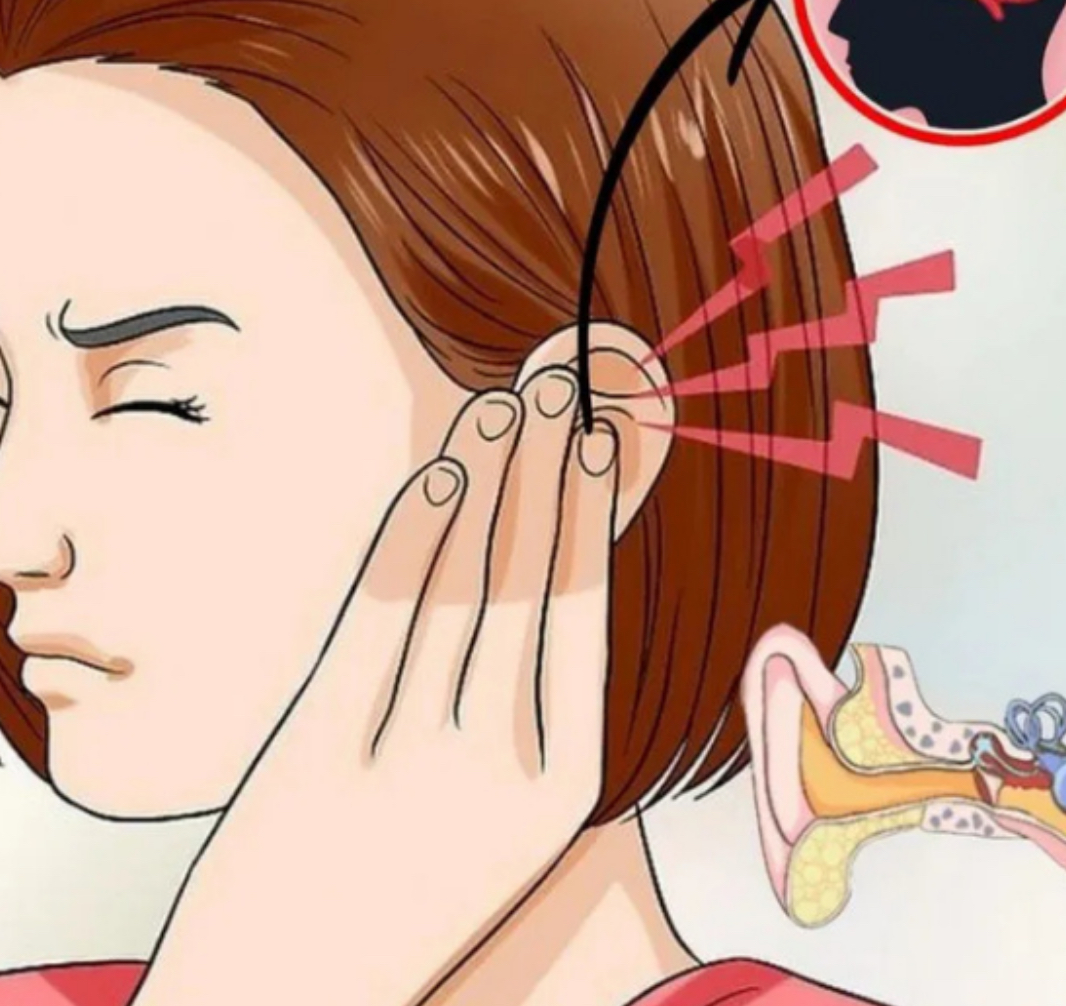Have you ever experienced a persistent ringing, buzzing, or humming in your ears that no one else can hear? That phenomenon is known as tinnitus, and while it’s not a disease itself, it often signals an underlying issue. For millions of people worldwide, tinnitus is more than just a minor annoyance—it can be disruptive, emotionally taxing, and even interfere with daily life.
While there is currently no universal cure for tinnitus, the good news is that there are effective strategies you can use to manage the condition and minimize its impact. In this article, we’ll break down what tinnitus is, why it happens, and what you can do to find relief.
🔊 What Is Tinnitus?
Tinnitus is the perception of sound when no external sound is actually present. It may sound like:
-
Ringing
-
Buzzing
-
Clicking
-
Humming
-
Hissing
It can be constant or intermittent, soft or loud, and it can occur in one or both ears. Common causes include:
-
Age-related hearing loss
-
Prolonged exposure to loud noise
-
Earwax blockages
-
Ear or sinus infections
-
High blood pressure
-
Stress and anxiety
👂 How to Address Tinnitus Effectively
1. Protect Your Hearing
One of the leading causes of tinnitus is exposure to loud sounds. Over time, loud environments can damage the tiny hair cells in your inner ear responsible for hearing.
Tips:
-
Avoid high-noise settings like concerts, fireworks, and construction zones.
-
Wear earplugs or noise-canceling headphones in noisy environments.
-
Lower the volume on personal devices—especially when using earbuds.
Preserving your hearing is one of the most critical steps in preventing tinnitus from worsening.
2. Maintain Clean Ears (Safely)
Sometimes, tinnitus is triggered by earwax buildup, which can block the ear canal and lead to irritation.
Do:
-
Use ear drops or warm water to soften wax.
-
Visit a healthcare provider for professional ear cleaning if necessary.
Avoid:
-
Using cotton swabs—they often push wax deeper and can damage the ear canal.
Proper ear hygiene can alleviate tinnitus caused by physical obstructions.
3. Reduce Stress and Anxiety 🧘♂️
Stress doesn’t cause tinnitus directly, but it can make the symptoms more noticeable and harder to ignore.
Stress reduction tips:
-
Practice deep breathing exercises
-
Try meditation or mindfulness
-
Engage in yoga or light exercise
-
Listen to calming music or nature sounds
Taking care of your mental health can go a long way in reducing the perceived intensity of tinnitus.
4. Try Sound Therapy 🎶
Sound therapy helps mask the ringing by introducing soothing background noises.
Ideas:
-
Use white noise machines
-
Download sound therapy apps
-
Play soft music, rain sounds, or ocean waves
-
Run a fan or air purifier at night for ambient sound
Masking sounds can make tinnitus less noticeable, especially in quiet environments like when trying to sleep.
5. Use Hearing Aids if Needed
If tinnitus is accompanied by hearing loss, hearing aids can make a big difference.
Benefits:
-
Amplify external sounds, making tinnitus less prominent
-
Reduce mental fatigue from straining to hear
-
Some include built-in tinnitus maskers
An audiologist can recommend the right type of hearing aid for your specific needs.
6. Watch Your Diet and Lifestyle 🍎☕
What you eat and drink affects your overall health—including your ears.
Lifestyle tips:
-
Avoid caffeine and alcohol—they can over-stimulate your nervous system.
-
Cut back on salt, which affects blood pressure and circulation.
-
Stop smoking—nicotine restricts blood flow to the inner ear.
-
Stay hydrated and eat foods rich in vitamins and antioxidants (like leafy greens, berries, and nuts).
Making small adjustments in your lifestyle can have a significant impact on your symptoms.
7. Consult a Medical Professional 🩺
If tinnitus is persistent, worsening, or accompanied by symptoms like dizziness, hearing loss, or ear pain, seek professional care.
Your doctor may recommend:
-
Cognitive Behavioral Therapy (CBT) to manage the emotional impact
-
Medications like antidepressants or anti-anxiety drugs (in severe cases)
-
Supplements like zinc or magnesium—but only under professional guidance
Early diagnosis and treatment are key to managing tinnitus effectively.
🚨 When to See a Doctor
While occasional ringing isn’t usually cause for concern, you should consult a medical professional if:
-
Tinnitus lasts more than a week without improvement
-
It interferes with sleep, work, or daily functioning
-
You experience hearing loss, dizziness, or pain
Don’t ignore these signs—getting help early can make a big difference.
✨ Final Thoughts: Tinnitus Can Be Managed
Living with tinnitus can be challenging, but it doesn’t have to take over your life. By adopting healthy habits, protecting your ears, and seeking help when needed, you can reduce the severity of symptoms and improve your quality of life.
Take the first step today:
-
Protect your hearing
-
Maintain ear hygiene
-
Reduce stress
-
Try sound therapy
-
Evaluate your diet and lifestyle
-
Talk to your doctor
You’re not alone—and with the right approach, relief is possible
